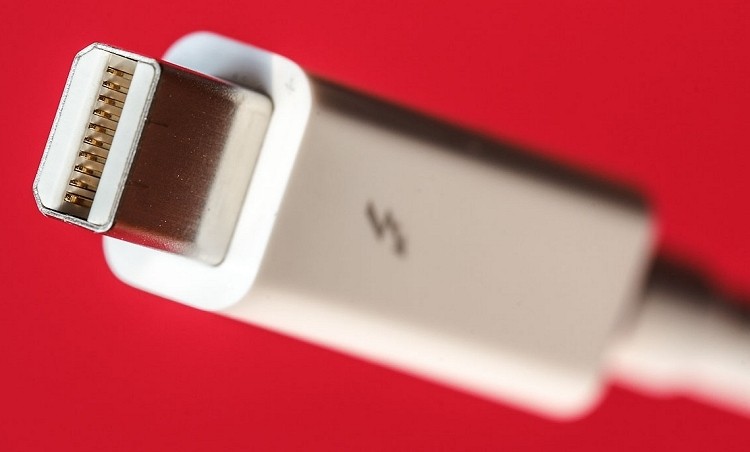It's reasonable to expect some growing pains when you launch a new communications interface but when the first company to initially back your product calls it quits, that has got to hurt. Such was recently the case as Acer decided to ditch the speedy technology known as Thunderbolt and focus strictly on USB 3.0 moving forward.
Acer spokesperson Ruth Rosene pointed out that USB 3.0 is less expensive than Thunderbolt, offers comparable bandwidth, charging for devices such as mobile phones and also has a large installed base of accessories and peripherals.
Intel, however, isn't letting the news slow down their vision. Jason Ziller, director of Intel's Client Connectivity Division, said there are now more than a dozen new platforms already on the market that use Thunderbolt alongside fourth generation Intel Core processors. Big names like Asus, Dell and Lenovo are all on board and continue to support the technology.
What's more, he noted that Thunderbolt is targeted toward premium systems, not value systems or mid-range machines. That trend is expected to continue over the next couple of years, we're told.
Last month, Intel officially unveiled Thunderbolt 2 as the successor to the original standard. The chip maker's latest and greatest doubles the throughput to an impressive 20Gbps in both directions while still remaining backwards compatible with first generation devices. Intel hasn't provided a solid release date for Thunderbolt but we are told it'll enter production by the end of this year.
